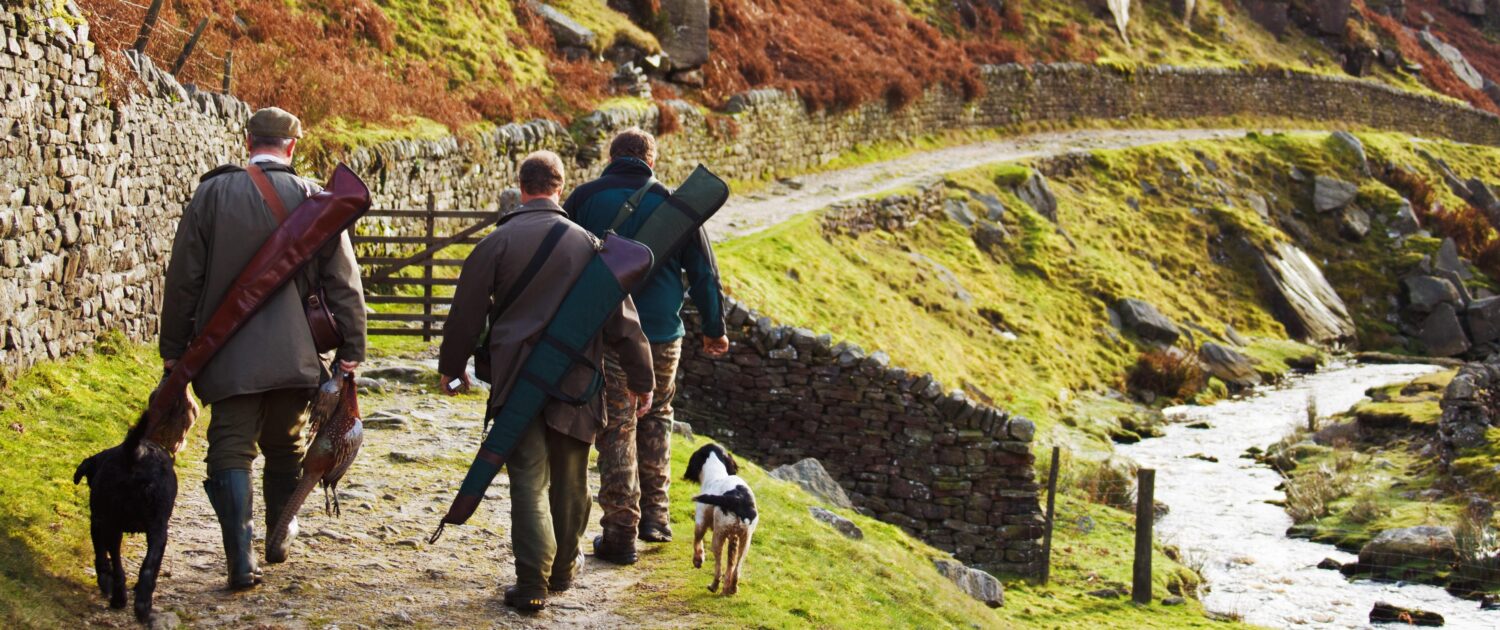May 20, 2022

All roads lead to Rome, and African Swine Fever (“ASF”) has recently taken one of them, arriving in Italy’s capital city on May 5 [1]. We talked about ASF about three months ago [2] and, unfortunately, we have to talk about it again due to recent developments.
The presence of wild boars in Rome is nothing new, but the situation has worsened to such an extent that Lazio’s regional president of Coldiretti (the National Direct Farmers Confederation), David Granieri, declared that
“Roman citizens are a hostage of wild boars. The situation we have been denouncing for years is unacceptable and now out of hand” [3].
The statement came after a pack of wild boars attacked a Roman woman while she was throwing the trash away. African Swine Fever exacerbates men’s already complex coexistence with wild boars. On one hand, human pressure continues increasing, thus reducing animal species natural ecosystems. On the other hand, human activities offer animals many chances to find food with ease. For example, in pastures and crop fields but also in the trash laying around in several urban centers.
The problem is not only in Rome, Lazio, or Piedmont and Liguria (where the first cases of ASF in italy have been spotted), but wherever man has maximized the occupation and use of the land.
Unsurprisingly, even in the charming Trentino – South Tyrol, where human population size and density are significantly lower than in Rome, encounters with wildlife are the order of the day. Countless accidents have involved motorists and local wildlife. Even though solutions to mitigate the problem do exist (e.g., wildlife corridors), they have not yet been adequately adopted. [4]. In recent years, the population of large carnivores in Trentino has increased [5], thus adding another reason for urgently finding a new balance between “us” and “them.”
Human-animal coexistence is a serious problem that can be addressed in very different ways. Often, attempts are made to regulate populations through programmed culls. For example, those set to reduce deer numbers in the Stelvio Park, Trentino [6]. Other times, coexistence is perceived as possible and necessary. In South Tyrol, the Cultura della Pastorizia (“The Herding Culture”) workgroup, promotes prevention measures as a solution to large carnivore attacks on sheep flocks. The workgroup teaches members to choose the right livestock guardian dog, install effective fences against large carnivores, and tackle climate- and biodiversity-loss-related problems.
Quoting Philipp Bertagnolli, a Passiria Valley farmer,
“Bears and wolves test you; when they attack your herd, it is always too late” [7].
This way of thinking should also be applied to tackle the rampant African Swine Fever. Without prevention we will always be chasing problems without actually getting out of them.
Cover- and preview photo: Three hunters and two hunting dogs with their catch. Image by PublicDomainPictures from Pixabay (free for commercial use license).
Bibliography
[2] https://greenmarked.it/african-swine-fever-outbreak-in-italy/


